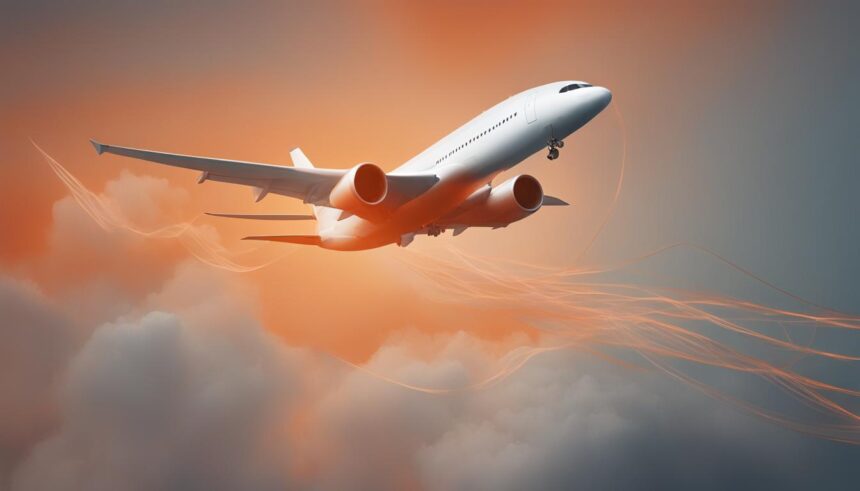Analysis from turbulence prediction website Turbli reveals the top ten turbulent flight routes globally, with the Santiago to Santa Cruz route in Chile ranking first. Despite concerns, turbulence poses minimal threat to aircraft safety, with severe cases remaining rare.
Data from turbulence prediction website Turbli has ranked the Santiago, Chile to Santa Cruz, Bolivia flight as the world’s most turbulent route, according to its analysis of 150,000 flight paths. The 1,180-mile journey holds the highest “eddy dissipation rate” (EDR) of 17.5, indicating significant turbulence intensity.
Ranked second is the Almaty, Kazakhstan to Bishkek, Kyrgyzstan route with an EDR of 17.4. In Europe, the Milan to Geneva flight is cited as the most turbulent, coming in fifth worldwide. Milan to Zurich also makes the list at tenth.
Six of the top ten turbulent routes are located in Japan and China, often due to strong jet streams. Routes over mountain ranges like the Andes and Alps are notably turbulent.
Top turbulent airports include Santiago, Chile, with an average EDR of 17.1, followed by airports in Japan and New Zealand. In Europe, Vienna tops the list, while Portland, USA ranks highest in America.
Severe turbulence, while alarming, remains a rare occurrence, affecting about one in 50,000 flights. According to the Federal Aviation Administration, the average number of turbulence-related injuries in the US per year is 33. Research indicates that turbulence may increase due to global warming, but it poses minimal threat to aircraft safety.





